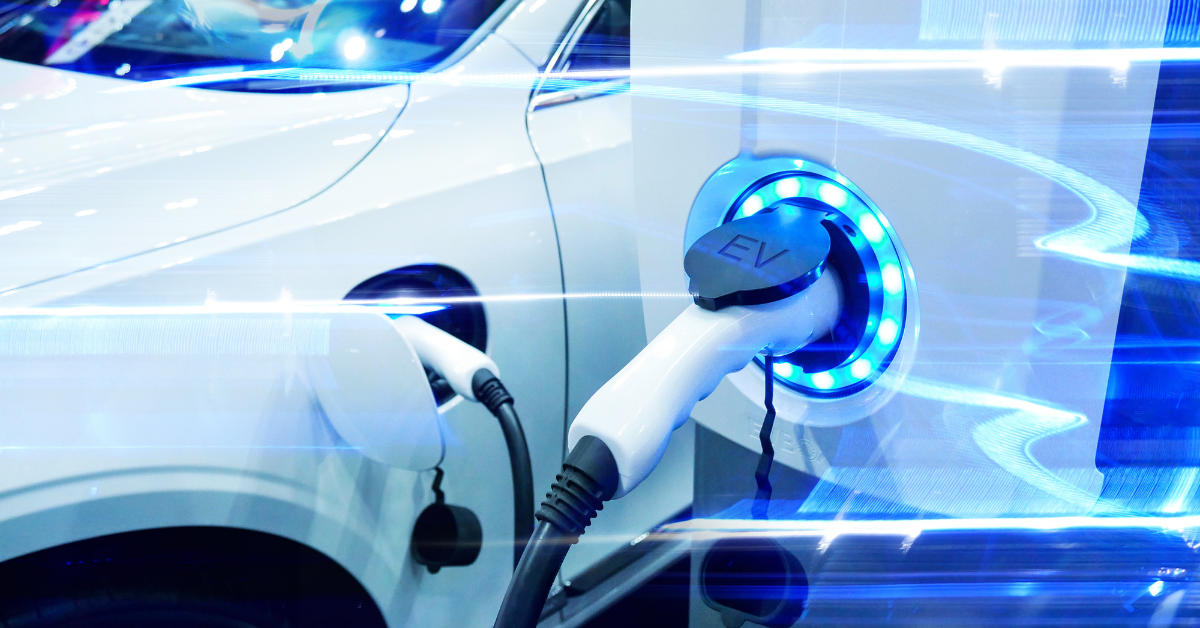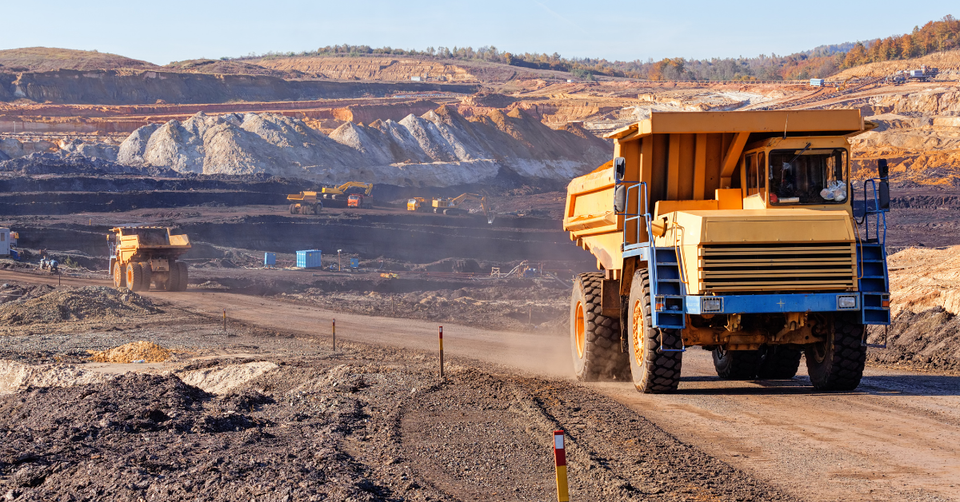What does Boris Johnson’s 2030 Ban on new Petrol and Diesel cars mean for energy suppliers?
The ban of the sale of new petrol and diesel vehicles has been pushed forward from 2040 to 2030 by UK Prime Minister Boris Johnson. We take a look at some of the challenges the plans face and what they mean for energy suppliers.

Huge challenges
Ten-point plan
The government’s 10-point plan aims to boost jobs and drive the UK towards its ambition of achieving NetZero by 2050.
The prime minister said: "My 10-point plan will create, support and protect hundreds of thousands of green jobs, whilst making strides towards NetZero by 2050.
"Our green industrial revolution will be powered by the wind turbines of Scotland and the North East, propelled by the electric vehicles made in the Midlands and advanced by the latest technologies developed in Wales, so we can look ahead to a more prosperous, greener future."
Is it Green?
With there being over 31 million cars on UK roads the question arises as to what will happen to the 18.8 million petrol and 12.3 million diesel cars once their life cycles end.
Scrapping and recycling so many vehicles will in itself be a gargantuan task and one that has the potential to cause environmental issues of its own.
With pure electric vehicles accounting for just 89,500 cars sold at the end of 2019, millions of new electric vehicles will need to be built.
‘Battery Electric Vehicles (BEVs) are not zero-emission; it takes more energy to manufacture a BEV than an Internal combustion vehicle (ICEV) because the manufacture of batteries is very energy-intensive. In addition, end-of-life recycling cost is higher for an EV than for an ICEV. As a result, in the UK, only BEVs with small batteries have lower lifetime emissions than ICEVs. As battery size increases, to enable bigger cars and longer range, the CO2 footprint of BEVs surpasses that of equivalent ICEVs, even if the electricity used is increasingly carbon-free,’ said Gautam Kalghatgi, a professor at Oxford University in his 2020 report the Battery Car Delusion.
Also read: Electric Car ownership must rise 11,000% for the UK to hit NetZero target
What does it mean for energy suppliers?
The plans present both challenges and opportunities for energy suppliers as they will have to adapt to the changes to their customers’ needs and energy demands.
Specialised EV tariffs will likely become the norm and be a major area of competition between suppliers. Those companies that reward consumers for adopting electric vehicles and offer the best value for money will be able to attract new customers and those that introduce such tariffs earlier are likely to see the most benefit.
Energy suppliers like Octopus, Bulb and EDF are already offering such tariffs but with the government’s announcement, other suppliers will have to introduce EV tariffs of their own to remain competitive.
Also read: 100% clean energy tariff to tackle ‘greenwashing’
Energy suppliers are also likely to be heavily involved in the rollout of electric charge points whether via installations or by maintaining and running them.
Again, this presents opportunities and challenges as suppliers will likely have to recruit specialist ChargePoint engineers or at the least retrain current staff.
Educating consumers on the benefits of Evs could also fall to energy suppliers as the deadline approaches. Smart meters too will play a major role as energy suppliers will be able to use the data gathered to better support EV owners.
New regulations?
The introduction of Evs has led to Ofgem introducing new rules when it comes to licensing and supply.
Energy suppliers will need to ensure that they follow the rules regarding EV supply or risk falling foul to the energy regulator.
Supplying electricity to a home-based charging point, for example, will be classed as supply and require a licence whereas charge point operators selling electricity directly to EV owners may not need a supply licence.
Evs blur the worlds of motoring and energy like never before so the rules surrounding them are likely to be tweaked and altered over time as more information is made available.
Jonathan Brearley, chief executive of Ofgem, said: “Ofgem welcomes the Prime Minister’s ten point plan for a green industrial revolution and will continue to work closely with government, the industry and wider stakeholders to play our part in its delivery. In particular, we will work to put in place the market arrangements and network regulation that support these plans and the wider transition to net zero at the lowest cost to consumers. ”
For more advice on what the 2030 deadline could mean for energy suppliers get in touch with the experts at Dyball Associates.
Further Reading
5 Ways Energy Suppliers can help EV owners
Now there are more EV charging points than petrol stations in the UK
Energy Price Forecast 2021: Covid-19, Brexit and much more
Dyball Associates are proud to help new supply businesses successfully launch in the UK market.
Through our energy market consultancy services, and the software we’ve developed, we’re supporting new UK electricity and gas suppliers get set up and start supplying.
For more information on how to start and manage an energy company, get in touch with Dyball Associates today.





